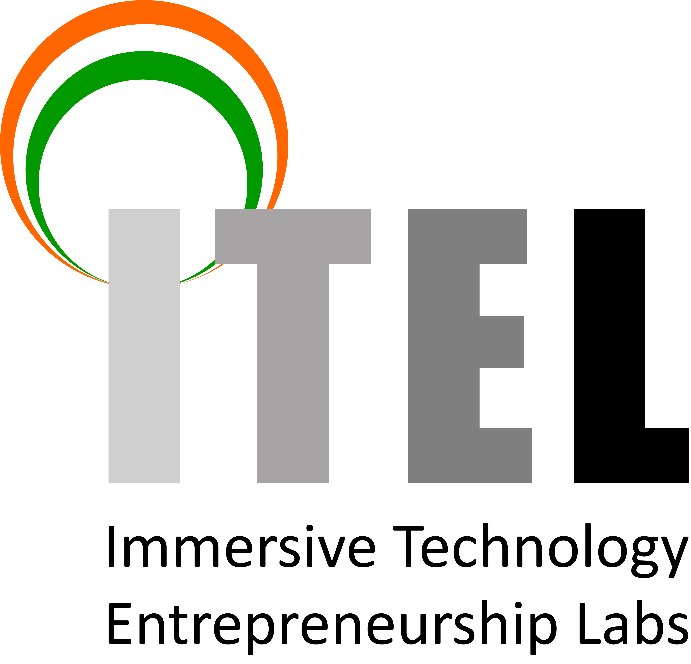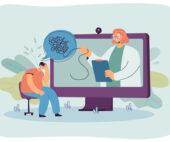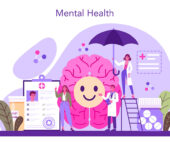Assessing mental health disorders through traditional approaches is a careful and detailed process that uses various methods to understand a person’s mental well-being thoroughly. Unlike physical health evaluations, mental health assessments delve into subjective experiences, emotions, and behaviours, making the traditional approach complex but crucial for mental healthcare.
The process usually starts with a thorough clinical interview, where mental health professionals have open-ended conversations with individuals to learn about their thoughts, feelings, behaviours, and life experiences. This helps build a connection, assess symptoms, and understand the person’s unique perspective on their mental health.
Observation is another essential part of the traditional approach. Clinicians keenly watch the person’s demeanour, body language, and overall appearance during the interview. Observable signs like changes in hygiene or eye contact provide insights into the person’s emotional state.
Psychological testing is often used in traditional assessments, employing standardized tests and questionnaires to measure cognitive functioning, personality traits, or emotional states. These tools help quantify subjective experiences, providing a more objective evaluation of mental health.
Collateral information from family members, friends, or other sources is crucial in traditional mental health assessments. This additional perspective helps confirm information provided by the individual, offering a more comprehensive understanding of the context and potential contributing factors to the mental health disorder.
Moreover, the traditional approach considers cultural and socio-economic factors, recognizing their impact on mental well-being. This cultural competence ensures assessments are conducted with sensitivity to diverse backgrounds and contexts.
Diagnoses in mental health, based on systems like the DSM-5, often come from the traditional assessment process. These diagnoses guide treatment planning and facilitate communication among mental health professionals regarding a shared understanding of the person’s condition.
In conclusion, the traditional approach to assessing mental health disorders is a thorough and complex process integrating clinical interviews, observation, psychological testing, collateral information, and cultural considerations. While technology and artificial intelligence play evolving roles, the traditional approach remains crucial in providing personalized and empathetic mental healthcare.





